Soldiers have rescued a group of 62 women and four babies abducted by suspected militants last week in northern Burkina Faso, state television and a security source said.
In its main evening news bulletin, Burkina Faso’s RTB channel, referring to an army “operation”, showed images of the women freed on Friday and brought to the capital Ouagadougou.
A security source confirmed to the AFP news agency they had been freed.
The women and babies were abducted last week on Thursday and Friday near Arbinda, in the northern Sahel region, as they foraged for food outside their village.
Security sources said they were found in the Tougouri region, 200 kilometres further south. Helicopters flew them to capital Ouagadougou, where they were met by senior army officers.
“Their debriefing will allow us to know more about their abductors, their detention and their convoy,” said one security source.
READ MORE:
Suspected militant attacks kill dozens in Burkina Faso
Surge of attacks
The news came just hours after security sources said a series of attacks on Thursday had left around 30 people dead in the volatile West African nation that has been battling a militant insurgency since 2015.
The “first attack targeted an advance party of Volunteers for the Defence of the Fatherland (VDP) in Rakoegtenga,” in the northern province of Bam, a VDP official said on condition of anonymity.
Six auxiliaries and a woman were killed, he said, and around 10 people were wounded.
The second attack, an ambush on a convoy escorted by auxiliaries and soldiers, killed around 10 auxiliaries and a person in Nayala province in the northwest, he added.
Security sources confirmed two militant attacks but gave no precise death toll.
Parts of Burkina Faso, including the Sahel region, have for months been under a blockade by militant groups in the region, making it increasingly difficult to supply the communities there.
The resulting shortages forced local people to leave the safety of their villages to search for food.
READ MORE:
Dozens of foraging women abducted in Burkina Faso’s north


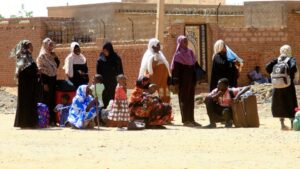
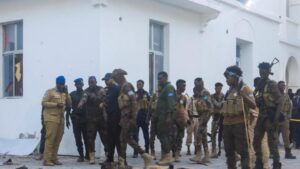
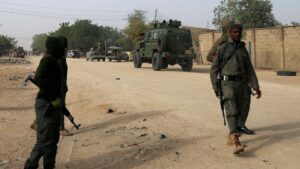

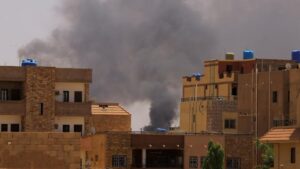
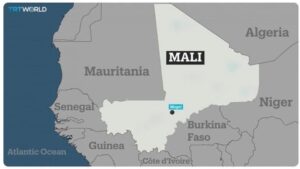
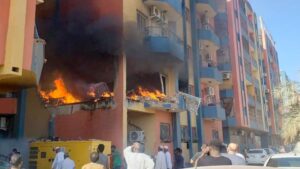
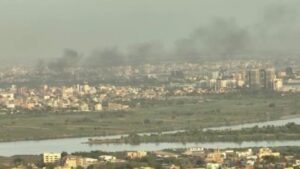
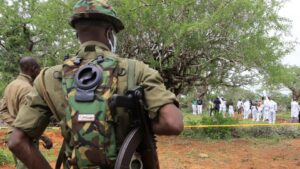
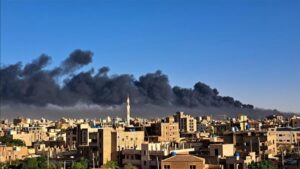
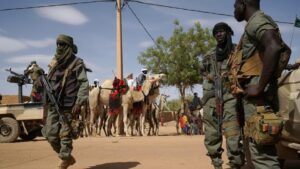
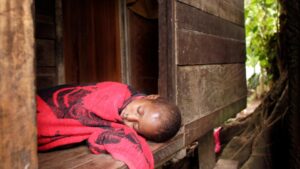
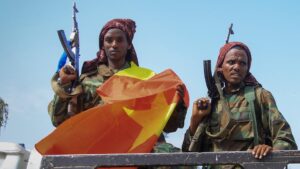
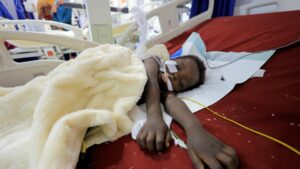
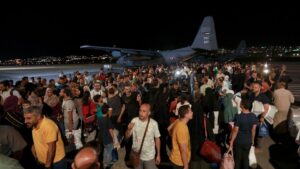
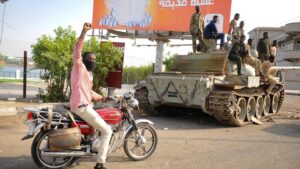
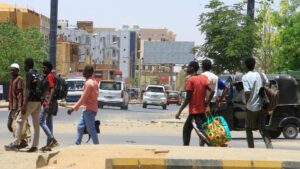
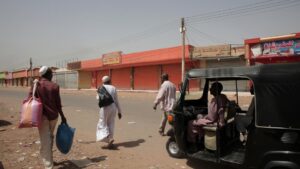
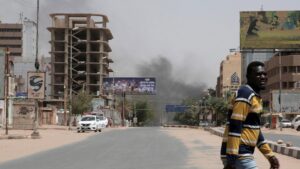
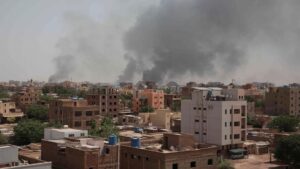
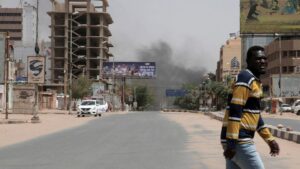
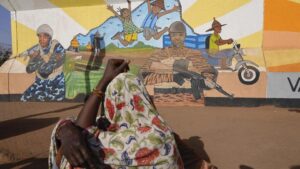
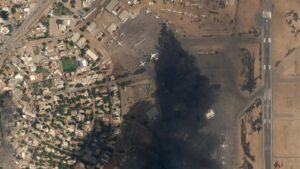
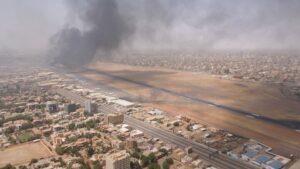
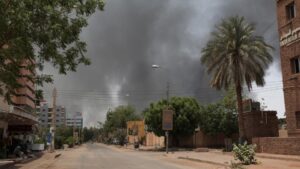


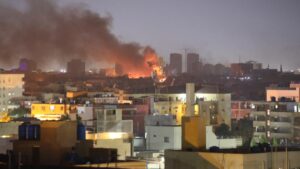
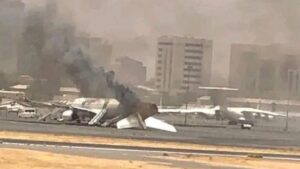
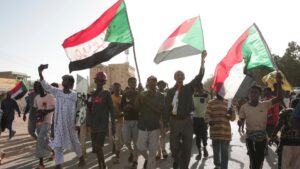
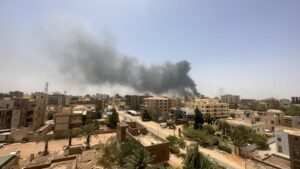
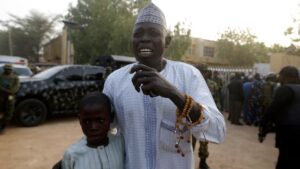

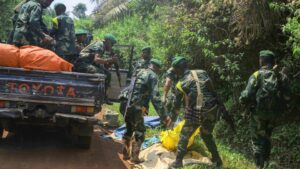
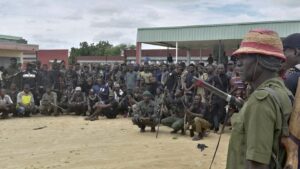



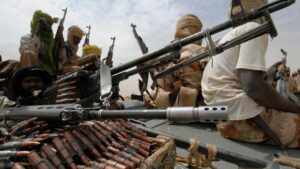



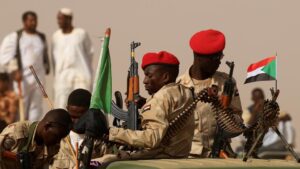
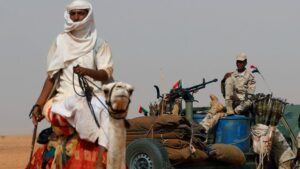
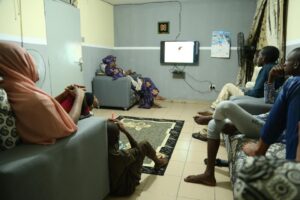



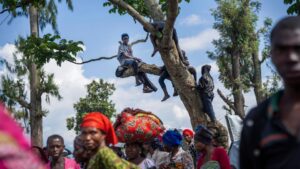
Be First to Comment